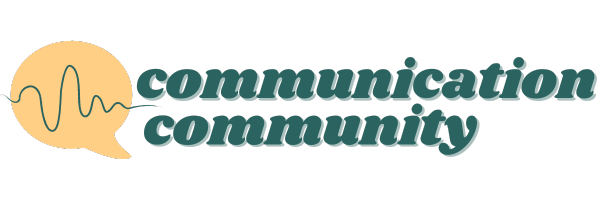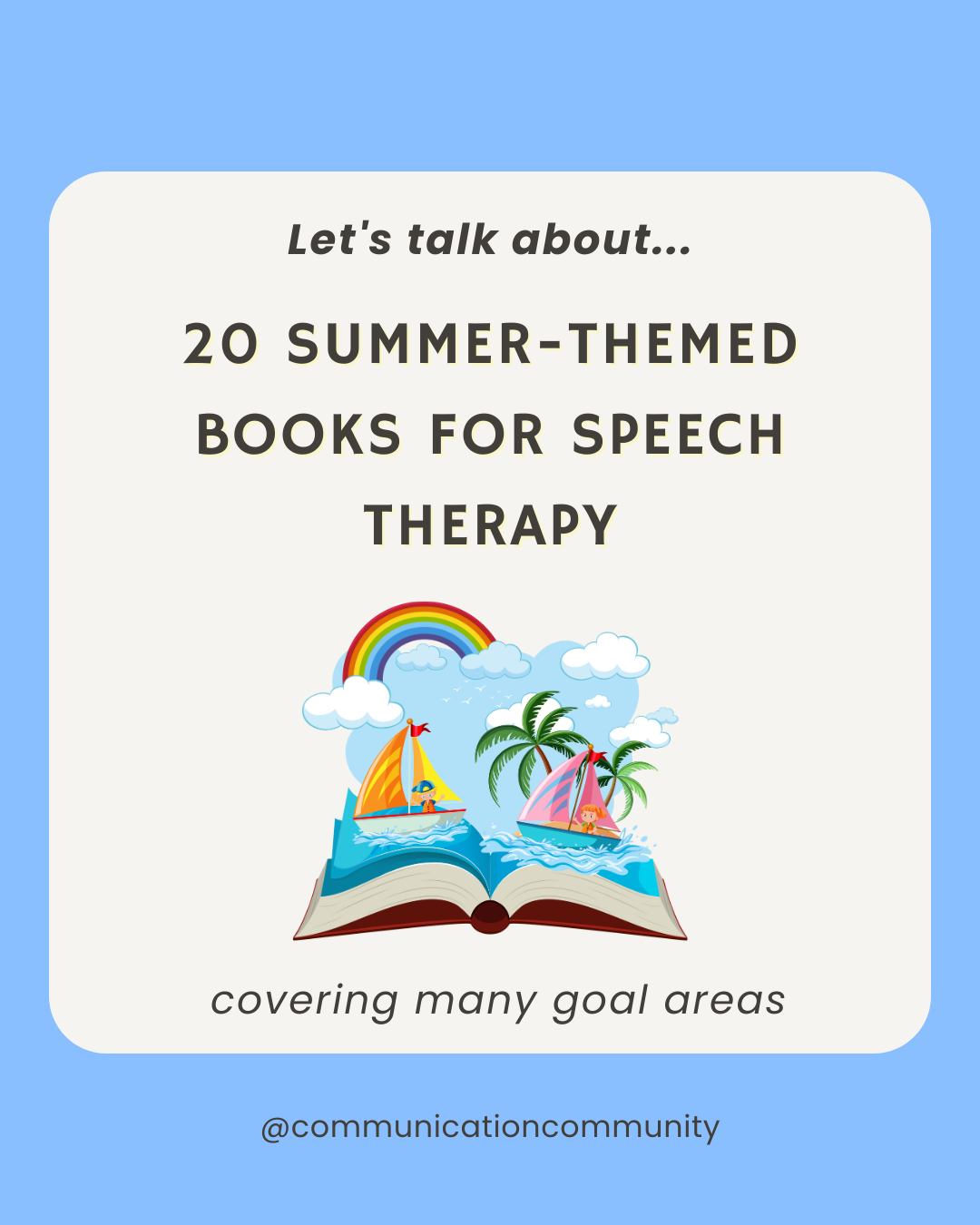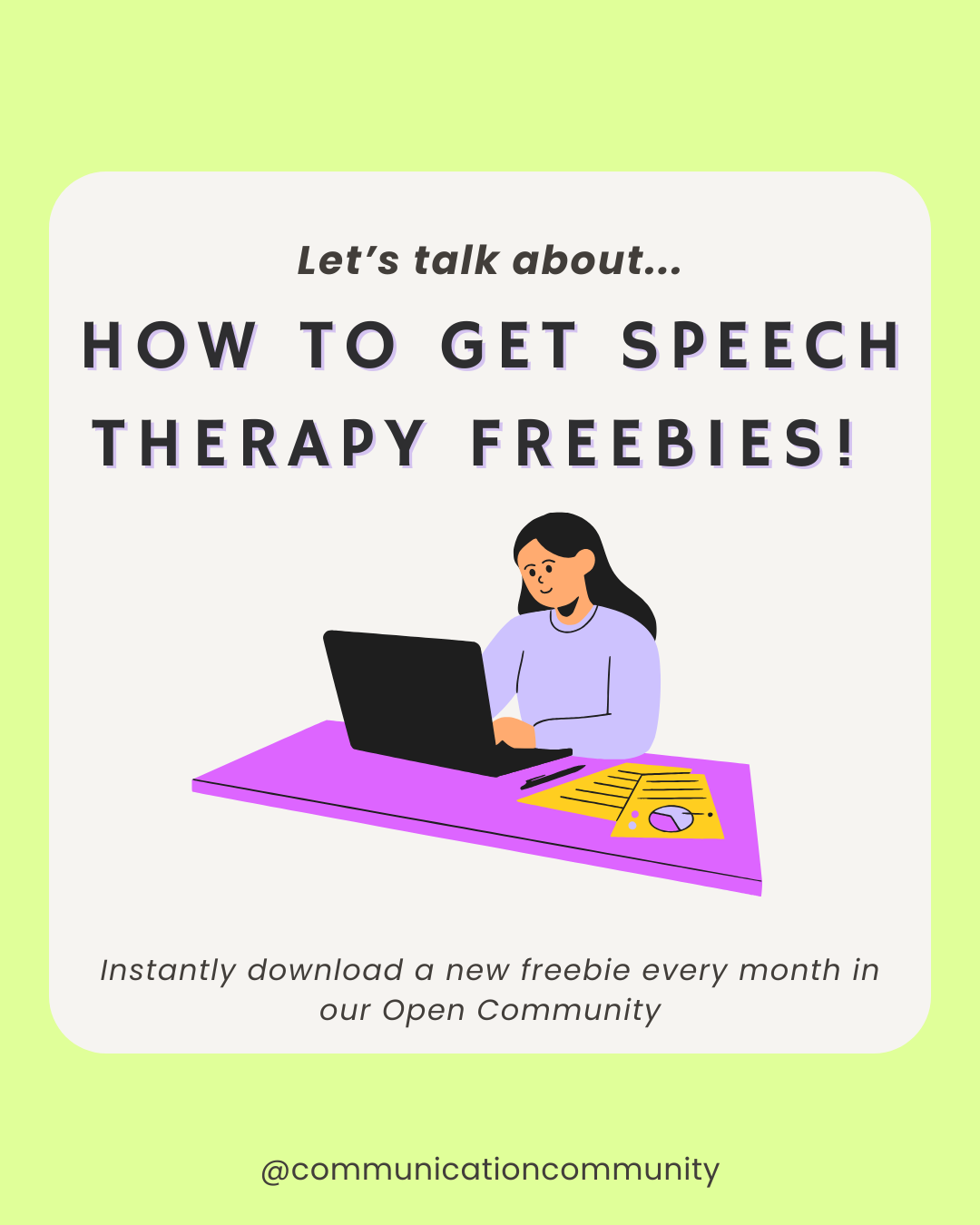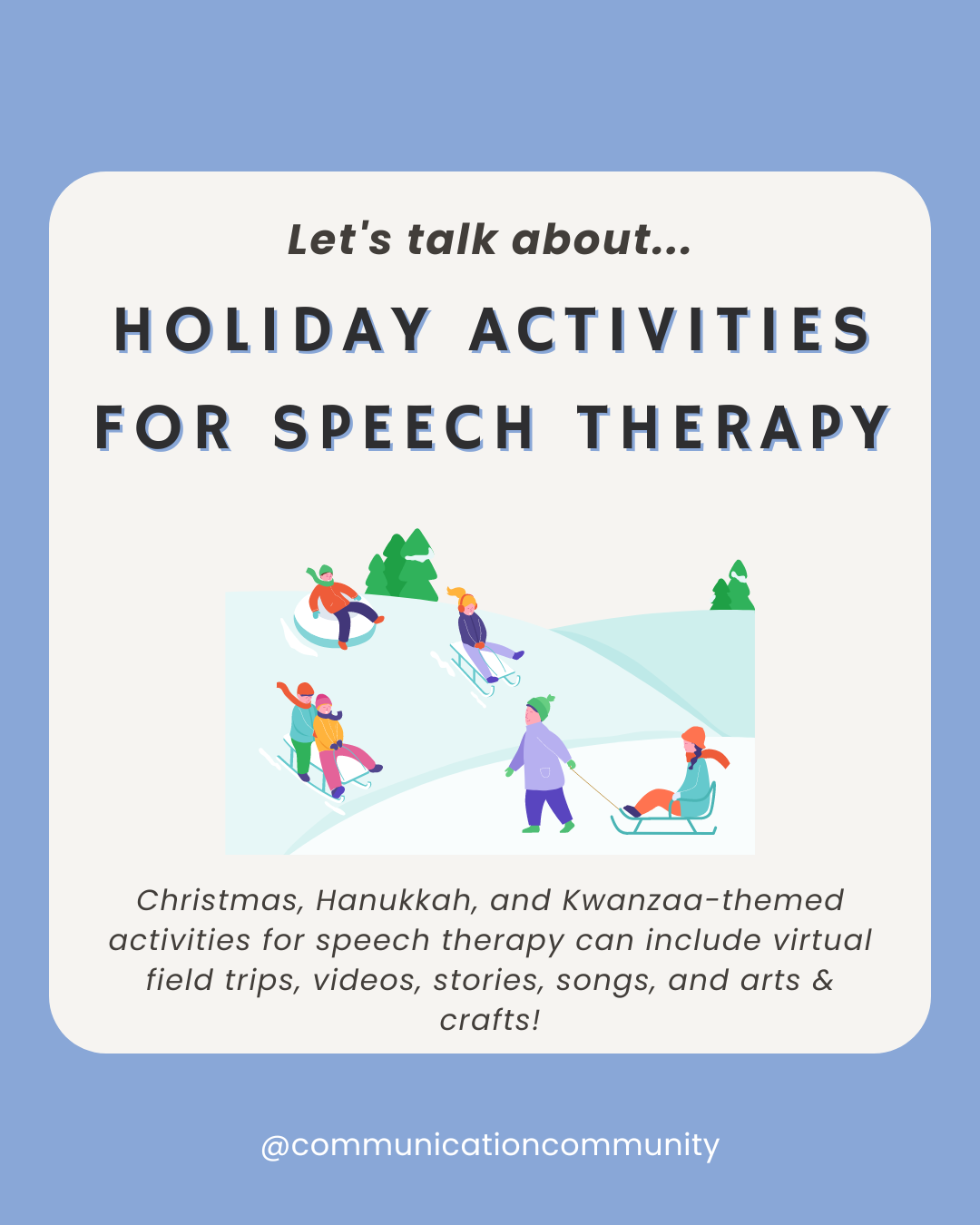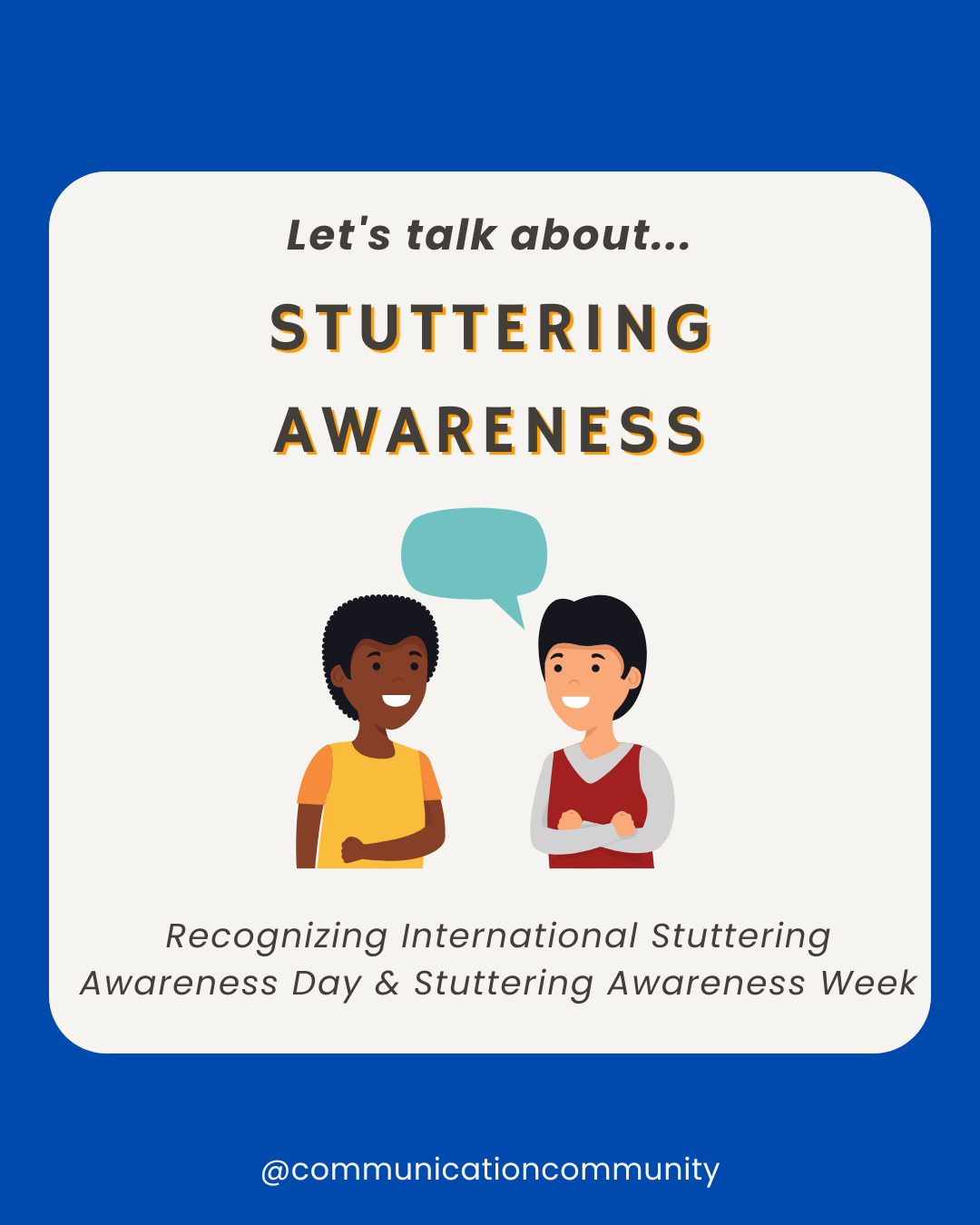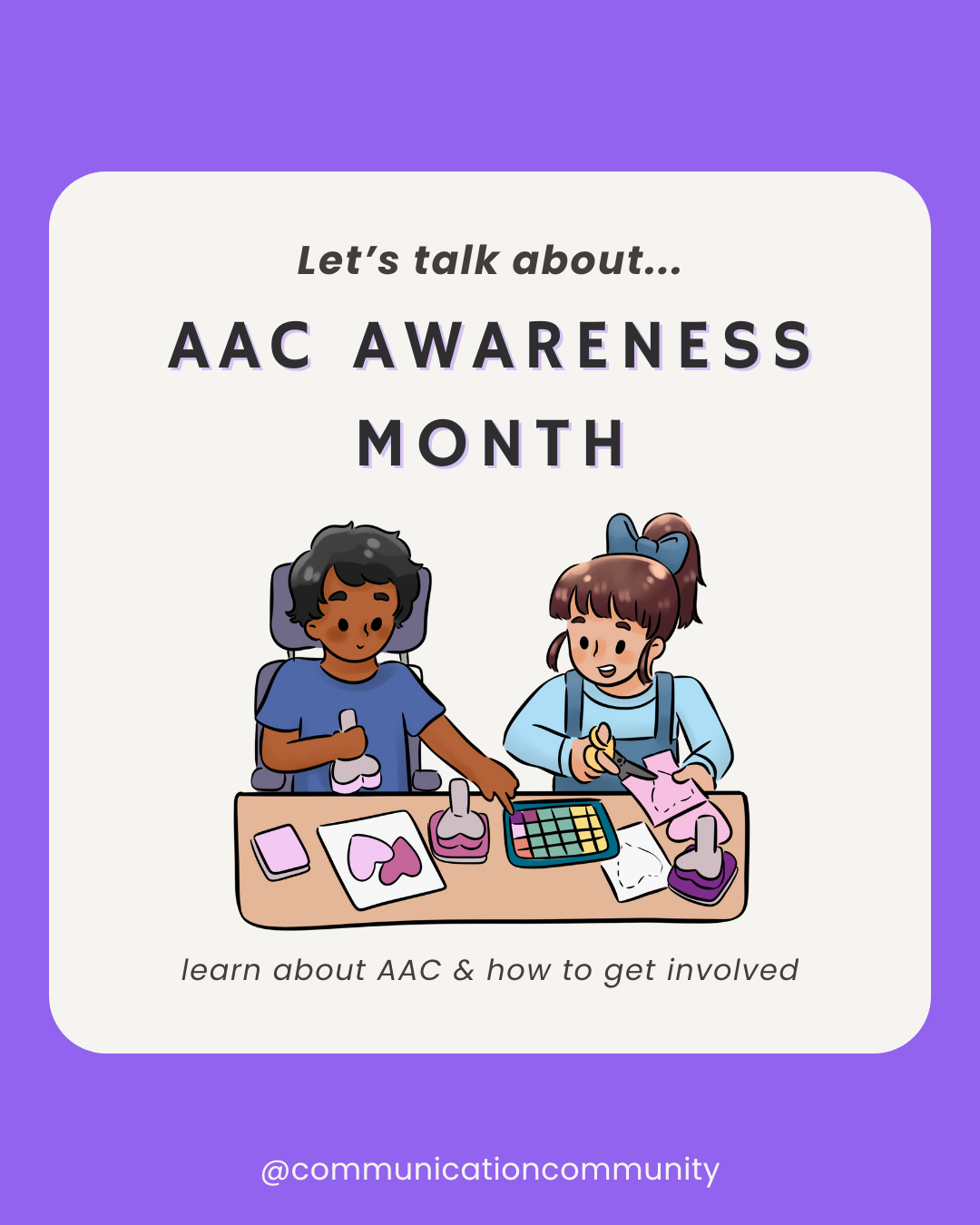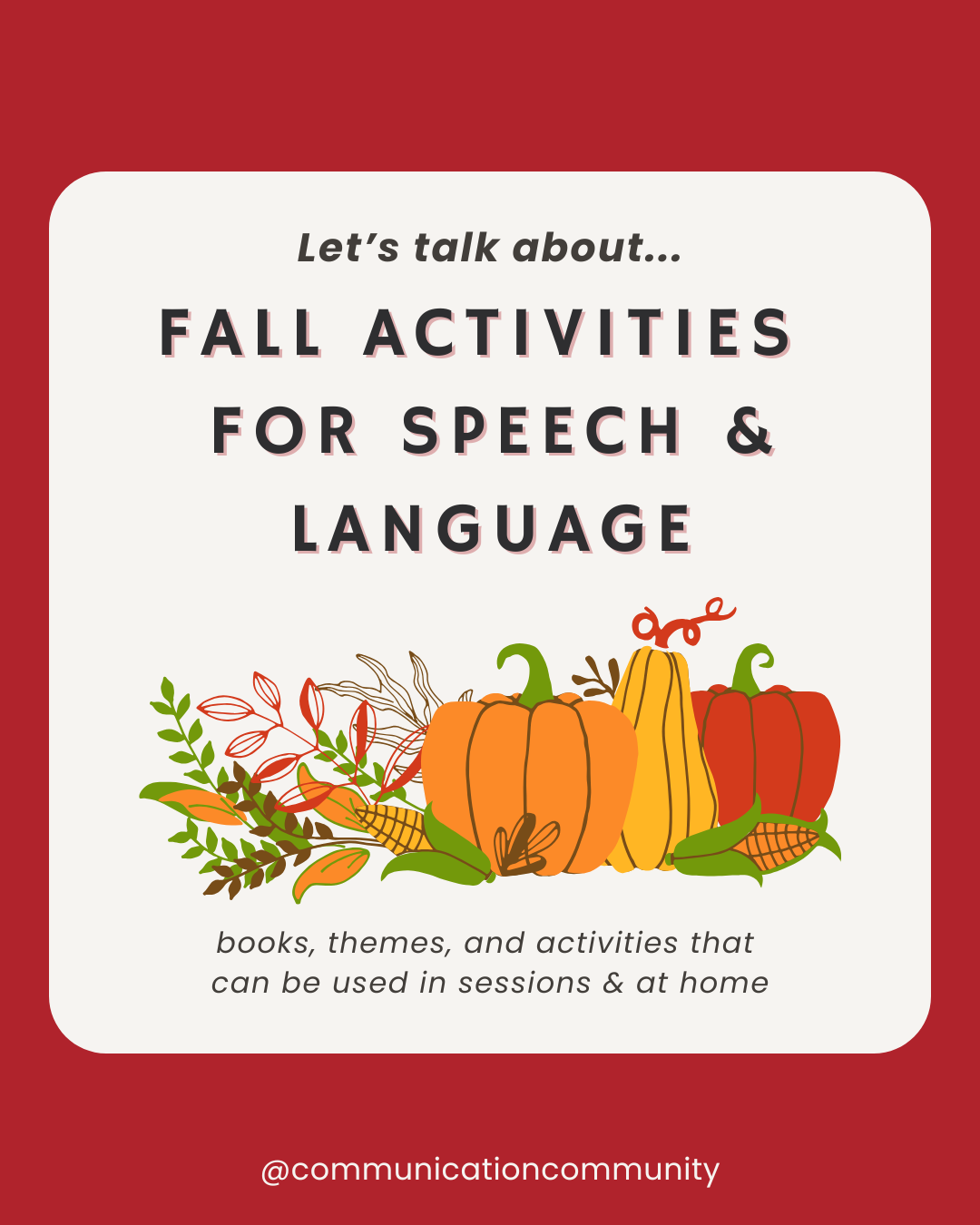Books are great for building speech and language skills, including vocabulary development, asking and answering questions, expanding sentences, and more. They are great to use during speech therapy sessions as well as for carryover, since often, summer speech therapy sessions are less frequent due to school breaks and vacations.
Find more summer speech therapy activities here.
Inside our Premium Community, we provide hundreds of resources, including summer-themed stories with WH- comprehension questions, handouts for parents/caregivers, and no prep therapy materials!

If you’re working on building receptive and expressive language skills, books can be used to identify and label vocabulary, increase comprehension skills, and facilitate narrative growth.
If you’re working on pragmatic language skills such as identifying emotions, problem solving, or self-advocacy, books can be used to introduce these themes.
If you’re working on improving articulation skills and intelligibility, books can be used to practice saying high frequency words (i.e., words that occur often in books and speech), and for practice saying words in phrases and sentences.
If you’re working on stuttering or cluttering strategies, books can be used to practice strategies and build confidence when speaking, sharing ideas, or asking questions.
If you’re working on vocal hygiene or other voice techniques, books can be used to facilitate discussions and provide opportunities for applying the techniques in structured ways.
These are just a few of the ways books can be used - there are endless ways!
The Benefits of Re-Reading Books
Books don’t have to be one and done, meaning they can be re-read or reviewed over two or more sessions! When reading books and providing instruction, I do so much more than just read the words on the page. This means that it often takes more than one session to actually finish the book. This ends up being helpful though; individuals are exposed to the same vocabulary and themes more than once, which can be beneficial for learning. If we only read half of a book in one session, I will spend the beginning of the next session reviewing the first half of the book before reading
5 Ways to Use Summer-Themed Books in Speech Therapy
1) Introduce Seasonal Concepts
Summer is often associated with beach/lake trips, picnics, swimming, camping, and hot weather. These books can introduce and expand on these ideas, especially if they differ from the child’s lived experience. Books set in different regions can help children see how their experiences differ from others’.
2) Build Summer Vocabulary
Words like sunscreen, goggles, popsicle, and tide can be naturally embedded in reading. To reinforce learning, pause to define new words, act them out, or use them in other contexts through extension activities.
3) Engage the Senses
Summer books often describe sights, sounds, tastes, and textures like sandy beaches, sizzling grills, or icy treats. Pairing books with real-life sensory experiences (e.g., feeling sand in a sensory box or smelling sunscreen) can help to deepen understanding and engagement.
4) Explore Themes and Routines
Summer-themed books may explore themes like adventure, family time, friendships, change, and transitions (e.g., end of school, starting camp). They’re also great for discussing how things sometimes change in the summer, like schedules or time at home.
5) Make Session Planning Easier
Using books in sessions is a great low or no prep resource. You can also use them to target multiple goals in group sessions or across multiple sessions in a day or week. I will often pick 1-2 books and use them with a large portion of my sessions for the week; I just change up what I target (e.g., labeling vocabulary or reviewing high frequency words for articulation).
Therapy Session Plan with a Summer-Themed Book:
- Introduce the book and author
- Discuss the main setting and season-specific elements
- Preview key vocabulary and concepts
- Highlight target articulation words, if applicable
- Begin reading, emphasizing vocabulary, articulation, and comprehension
- Ask questions during or after reading related to WH questions, inferencing, problem-solving, and personal connections
- Wrap up with an extension activity. This may involve retelling the story verbally, in writing, or through art, completing a craft (e.g., paper sun or popsicle stick character), or engaging in pretend play using related props. Scroll to the bottom with links to some of our favorite materials for extension activities!

20 Summer Books for Speech Therapy
Find 20 summer-themed books organized by ways they can be used and typical age ranges. Many books fall into more than one category, which highlights their ability to be used to target many different goals!
Note: YouTube is a great resource for finding books read aloud if you’re unable to find a book at the library or purchase it. You can play the video and pause throughout or just keep it paused and manually move the video to each new page!
Summer Books for Speech Therapy Related to Activities
- Jabari Jumps by Gaia Cornwall
- And Then Comes Summer by Tom Brenner
- Pete the Cat by James Dean
- Is It Warm Enough for Ice Cream? by DK
- Mouse’s First Summer by Lauren Thompson
- Llama Llama Sand and Sun by Anna Dewdney
- The Truth About My Unbelievable Summer by Benjamin Chaud
- The Hike by Alison Farrell
- A Camping Spree with Mr. Magee by Chris Van Dusen
- Froggy Goes to Camp by Jonathan London
- Summer Days and Nights by Wong Herbert Yee
- The Night Before Summer Vacation by Natasha Wing
- At the Beach by Anne Rockwell
- How to Catch a Mermaid by Adam Wallace
- The Sandcastle That Lola Built by Megan Maynor
- Bubbles Up by Jacqueline Davies
Summer Books for Speech Therapy Related to Vocabulary
- And Then Comes Summer by Tom Brenner
- Pete the Cat by James Dean
- Is It Warm Enough for Ice Cream? by DK
- Mouse’s First Summer by Lauren Thompson
- The Hike by Alison Farrell
- The Watermelon Seed by Greg Pizzoli
- The Night Before Summer Vacation by Natasha Wing
- Summer Days and Nights by Wong Herbert Yee
- When Lola Visits by Michelle Sterling
Summer Books for Speech Therapy with Rhyming
- Llama Llama Sand and Sun by Anna Dewdney
- A Camping Spree with Mr. Magee by Chris Van Dusen
- The Night Before Summer Vacation by Natasha Wing
- Summer Days and Nights by Wong Herbert Yee
- How to Catch a Mermaid by Adam Wallace
- Down by the Cool of the Pool by Tony Mitton
- Bubbles Up by Jacqueline Davies
Summer Books for Speech Therapy Related to Predicting and Inferencing
- Jabari Jumps by Gaia Cornwall
- Pete the Cat Scuba-Cat by James Dean
- Is It Warm Enough for Ice Cream? by DK
- The Truth About My Unbelievable Summer by Benjamin Chaud
- Llama Llama Sand and Sun by Anna Dewdney
- A Camping Spree with Mr. Magee by Chris Van Dusen
- How to Catch a Mermaid by Adam Wallace
- Down by the Cool of the Pool by Tony Mitton
- The Sandcastle That Lola Built by Megan Maynor
Summer Books for Speech Therapy Related to Social-Emotional Topics
- Jabari Jumps by Gaia Cornwall
- Pete the Cat: Pete at the Beach by James Dean
- A Camping Spree with Mr. Magee by Chris Van Dusen
- The Sandcastle That Lola Built by Megan Maynor
- It Began with Lemonade by Gideon Sterer
- When Lola Visits by Michelle Sterling
Summer Books for Speech Therapy: Average Age Ranges
Ages 3-6
- And Then Comes Summer by Tom Brenner
- Pete the Cat by James Dean
- Is It Warm Enough for Ice Cream? by DK
- Mouse’s First Summer by Lauren Thompson
- The Watermelon Seed by Greg Pizzoli
- Llama Llama Sand and Sun by Anna Dewdney
- Summer Days and Nights by Wong Herbert Yee
- At the Beach by Anne Rockwell
- Down by the Cool of the Pool by Tony Mitton
- The Sandcastle That Lola Built by Megan Maynor
- Bubbles Up by Jacqueline Davies
Ages 5-8
- Jabari Jumps by Gaia Cornwall
- The Truth About My Unbelievable Summer by Benjamin Chaud
- The Hike by Alison Farrell
- A Camping Spree with Mr. Magee by Chris Van Dusen
- Froggy Goes to Camp by Jonathan London
- The Night Before Summer Vacation by Natasha Wing
- How to Catch a Mermaid by Adam Wallace
- It Began with Lemonade by Gideon Sterer
- When Lola Visits by Michelle Sterling
Extension Activities for Summer Books
- Use construction paper, scissors, crayons, or even play dough to engage in retell activities or to recreate a favorite scene from the story.
- Make a summer-themed sensory box with sand or dirt, shells, rocks, flowers, and leaves.
- Have fun with play ice cream or a play garden set.
Check out more of our seasonal book articles!
- Fall-Themed Books for Speech Therapy
- Winter-Themed Books for Speech Therapy
- Spring-Themed Books for Speech Therapy
This post contains some affiliate links and we are (slightly) compensated if you use them, but all opinions are our own. We appreciate the support!
